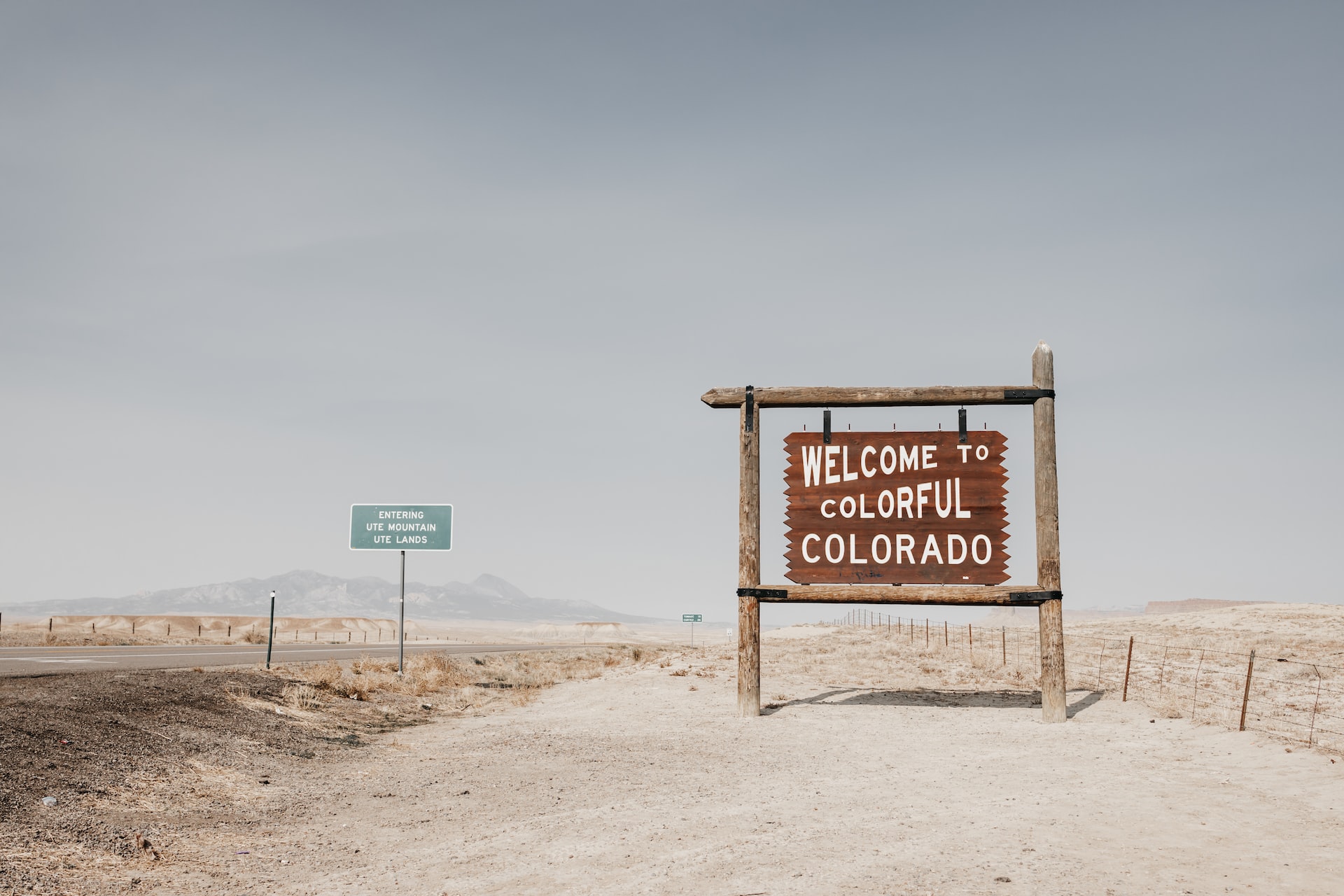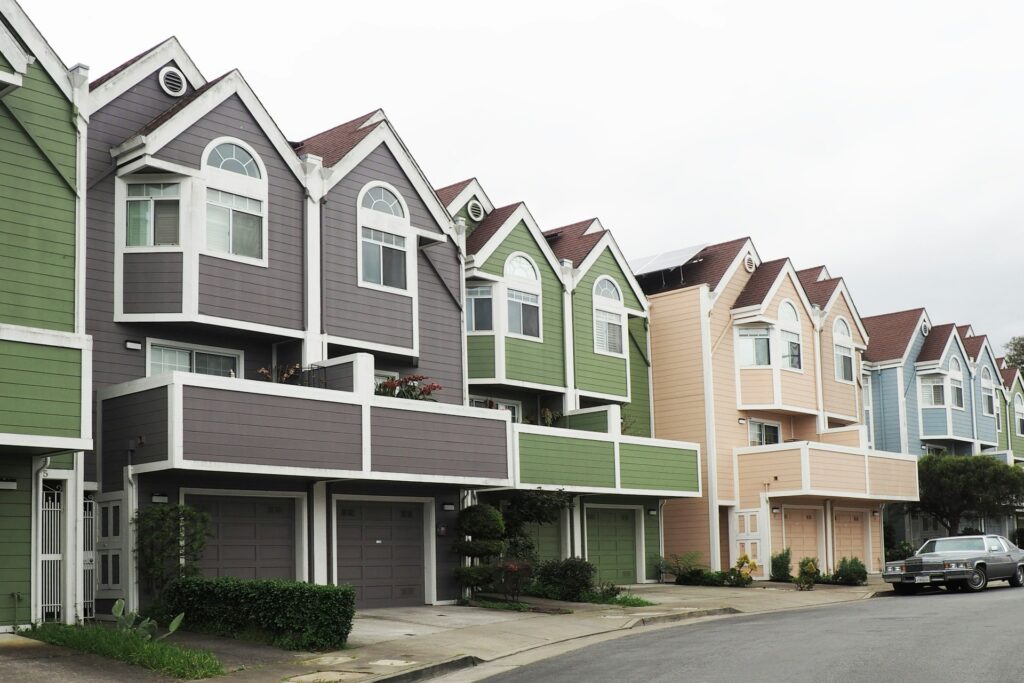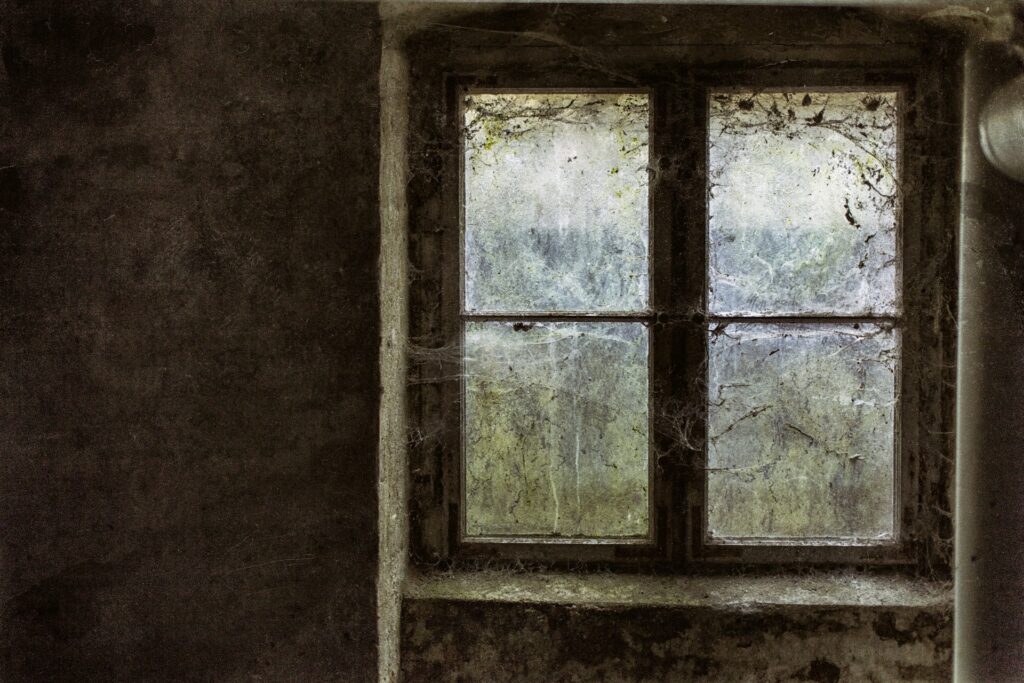
We are reader-supported. When you buy through links on our site, we may earn an affiliate commission.
The cost of living in Colorado is higher than the national average in some ways, but less expensive in others. Before moving to the Rocky Mountain state, it’s important to understand what you can expect to spend every month on essential costs. This guide will break down basic monthly expenses in Colorado and analyze how they compare to other states.
Basic Cost of Living in Colorado
Before you move to Denver or Colorado Springs, it’s important to understand the cost of living in Colorado. It may be more expensive than many people think. However, if you can afford to make the move, Colorado is an amazing place to live. Take a look at how the average cost of living in Colorado breaks down.
Housing and Utilities
Housing is one of the most expensive costs of living in Colorado. It varies from city to city, but the state average is higher than most other states. You can expect to pay at least $1000 per month for an apartment, but rent goes up significantly in metro areas like Boulder or Denver.
Home prices in Colorado are significantly higher than most other states, as well. The average cost to buy a home in Colorado nearly tripled between 2014 and 2022. Today, most homes across the state cost over $500,000, although some areas are significantly less expensive.
Utilities in Colorado are higher than national averages, but not as drastically as housing prices. The average monthly utility bill statewide is about $240, which is around $70 more than the national average.
State Taxes
Taxes in Colorado vary somewhat based on income and location. On average, though, Colorado’s taxes are higher than many states’ but lower than some, as well. The average income tax rate is 4.5% with an average state and local tax rate of 9.7% statewide. You can expect to pay around 7-8% sales tax, including both state and local tax.
Groceries
Food expenses are not as costly in Colorado as you might think. An individual can expect to spend $300 to $500 per month on groceries, which is on par with national averages. Specialized diets may make groceries more expensive, but healthy eating is popular in Colorado, so there’s no shortage of specialized and organic grocery stores.
Transportation
The average price for a gallon of gas in Colorado is about $3.88, although this can fluctuate significantly over time and between locations. Metro public transit rates also vary from city to city. The Colorado Regional Transportation District offers public transportation throughout the state, though, with varying rates available for local bus travel, rail travel, and airport shuttles.
Healthcare
Healthcare costs are one area where Colorado residents usually pay less than the national average. While health insurance rates have been rising in Colorado, most residents still spend significantly less on health related expenses, largely due to higher healthcare coverage by employers in the state. The average cost of a health insurance plan in Colorado is about $370 per month, which is $100 less than the national average of $470 per month.
Living Wage in Colorado
The living wage in Colorado is higher than in many other states. A living wage is considered the minimum amount you have to earn to live comfortably. In Colorado, this wage is at least $42,116, before taxes, for a single adult with no children. A family of four would need a living wage of $90,000 per year or more.
It is worth noting that the state minimum wage in Colorado is over $13 per hour, significantly higher than the legal minimum wage of only $7.25 per hour.
Most Expensive Areas of Colorado
The cost of living in Colorado can vary significantly from one location to another. If you want to move to the state while minimizing your expenses, there are a few areas to avoid. Major cities, particularly Denver and Boulder, are the most expensive regions of Colorado. Choose a suburb half an hour or more away from the city to stay within driving distance of these metro hubs without paying a premium for it.
In addition to Denver and Boulder, Colorado Springs and Fort Collins are also known to be expensive parts of Colorado. Isolated towns in the mountains can also be very expensive for residents, such as Aspen or Vail. While these towns are beautiful and make great ski towns, they are expensive places to live.
For a more affordable cost of living, take a look at the East Plains area. Living expenses here are generally much lower than the big metro areas of Colorado.
Colorado Cost of Living vs Other States
The cost of living in Colorado is significantly higher than most other states in terms of housing and rent. State taxes, utilities, transportation, and grocery expenses are all fairly similar to national averages, though. Most Colorado residents spend less on healthcare than people in other states.
Colorado can be a great place to live. It costs slightly more overall to live comfortably here, though. Plan to make housing your biggest monthly expense. If you can afford to move to the Rocky Mountain state, Colorado is a vibrant, adventurous place to live with plenty of things to do, whether in the city or in the mountains.










